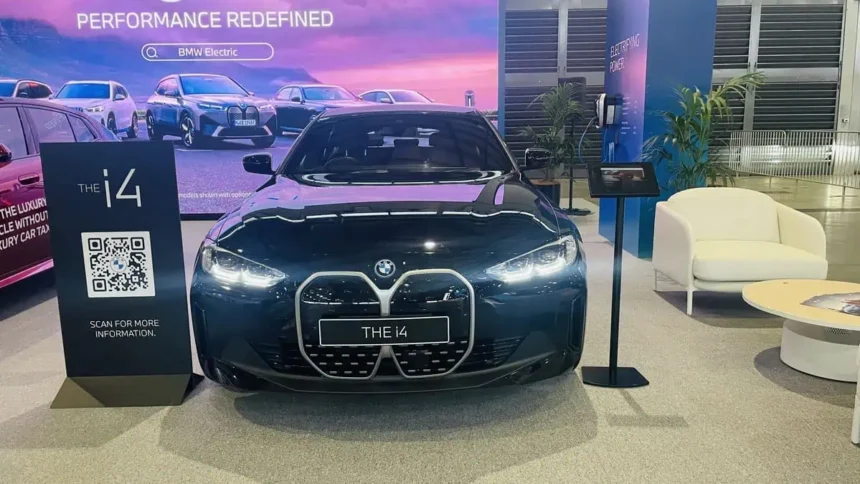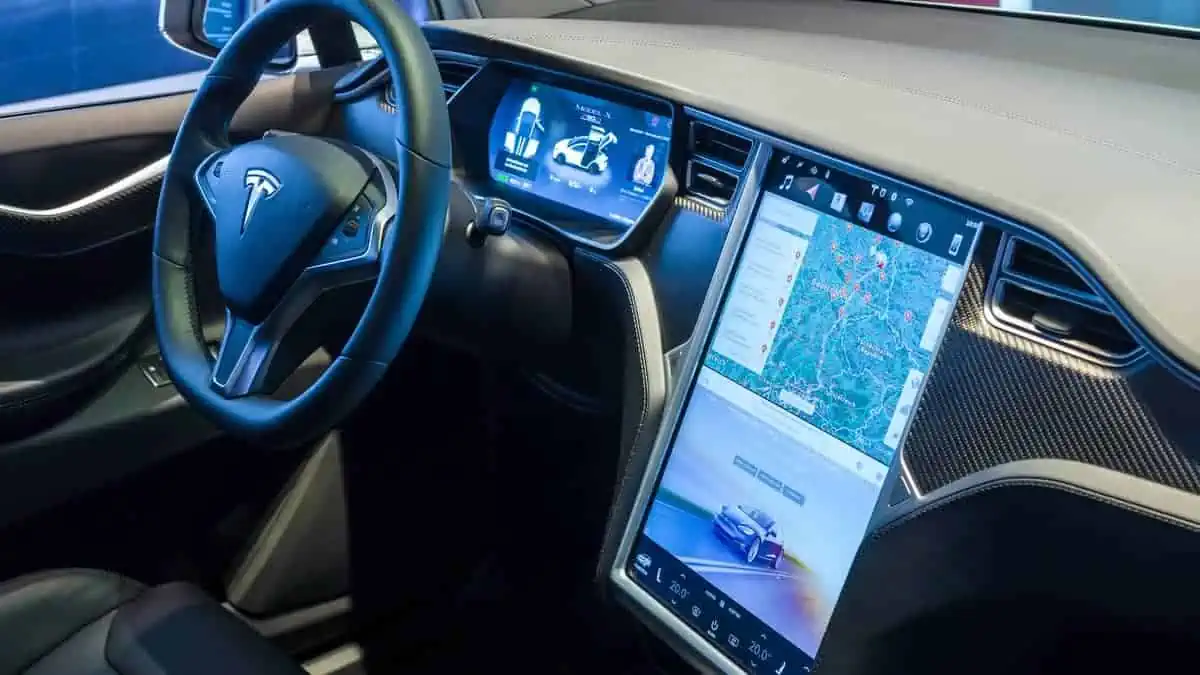Germany continues to lead the electric vehicle production in Europe. The country’s manufacturing muscle enabled it to advance as the second top EV producer across the world, just behind China.
Germany claims first spot in EV production in Europe
According to Germany Trade & Invest, German automakers produced an astounding 1.27 million battery-electric and hybrid electric vehicles in 2023. BEVs accounted for 995,000 units of that total, the German automotive industry association VDA specified.
The country leads Europe’s EV push, even beating the combined output of 3rd placer Spain and 4th placer France.
The report indicated that Spain produced 256,000 EVs, while France reported 225,000 production units.
“Germany is leading the way in Europe’s transition to clean mobility, producing nearly a million purely electric vehicles last year. Almost 800,000 people in Germany work in the German automobile industry creating the mobility of the future.
Germany Trade & Invest automotive expert Stefan Di Bitonto
GTAI also revealed that the country is also leading the global electric propulsion production.
“Germany is also the global leader in innovation in electric propulsion. One third of patents in this area come from Germany.”
Germany Trade & Invest automotive expert Stefan Di Bitonto
Germany trailing just behind China in global EV production
Germany’s 1.27 million BEV and HEV production hit the highest record in the global industry, behind China.
China remains the dominant leader in global electric vehicle production. However, it sells the majority of its EV supply in its home market.
In contrast, Germany exports about 76% of its electric vehicle outputs.
Meanwhile, the United States claimed the third spot in the global EV production ranking.
Potential challenges
In December 2023, DW reported the Federal Motor Transport Authority’s projection that Germany will register about 10 million electric vehicles by January 1, 2030. This figure apparently equates to a market share of 20% to 25% “depending on the size of the current vehicle inventory.”
However, the sudden pullout of the EV subsidy program in Germany in December might have an adverse impact on the said 2030 projection.
As of January 1, 2024, the German government offers all-electric vehicles with a €45,000 maximum net list price with €3,000 federal subsidy. Automakers must also provide an extra €1,500 to boost the total amount to €4,500. However, EVs exceeding the price cap will no longer benefit from federal funding.
In addition, German automakers struggle with software development and supply chain issues. They continue to trail behind Tesla and Chinese players in this field due to their lack of innovative EV technologies and robust supply chains.
German automakers also often must partner with American and East Asian companies to fulfill their battery demand, making them heavily dependent on foreign supplies.
Nonetheless, the German government is expanding its battery production capabilities to solve these issues. For instance, Volkswagen teamed up with companies like Northvolt to establish a strong battery supply chain for EVs.






